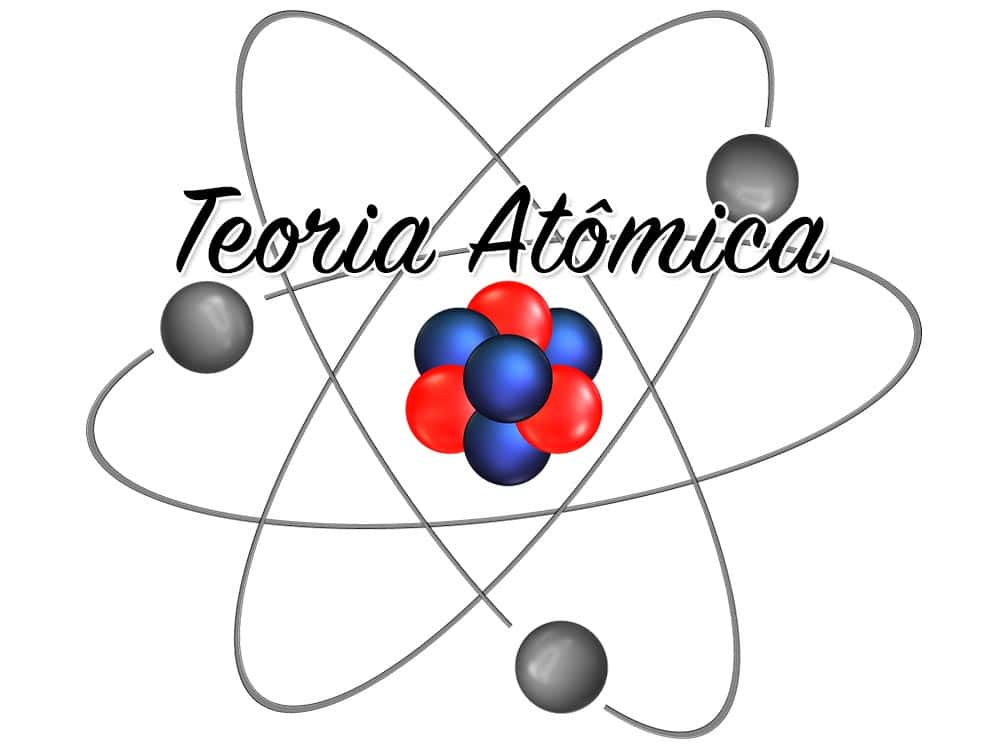A number of important theorists in ancient Greek natural philosophy held that the universe is composed of physical ‘atoms’, literally ‘uncuttables’. Some of these figures are treated in more depth in other articles in this encyclopedia: the reader is encouraged to consult individual entries on Leucippus, Democritus, Epicurus and Lucretius. The solid‐state lithium‐metal battery is a key research direction for next‐generation batteries. Using large‐scale molecular dynamics simulations, the detailed atomistic mechanism and interface failu. We are a computational research group working at the interface between machine learning and atomistic simulations. We use the tools of data science and engineering as well as physics-based simulations like density functional theory and molecular dynamics to design and understand materials. Define atomistic. Atomistic synonyms, atomistic pronunciation, atomistic translation, English dictionary definition of atomistic. Also atomistical adj. Of or having to do with atoms or atomism.
Article- Various senses of atomism
- Two basic types of atomism
- Diverse philosophical characterizations of atomism
- The intrinsic nature of the atoms
- Other differences
- History and major representatives of the various atomisms
- Philosophical atomism
- Modern scientific atomism: early pioneering work
- Foundational issues posed by atomism


Our editors will review what you’ve submitted and determine whether to revise the article.
Join Britannica's Publishing Partner Program and our community of experts to gain a global audience for your work! Andrew G.M. van Melsen
Andrew G.M. van MelsenAtomism, any doctrine that explains complex phenomena in terms of aggregates of fixed particles or units. This philosophy has found its most successful application in natural science: according to the atomistic view, the material universe is composed of minute particles, which are considered to be relatively simple and immutable and too small to be visible. The multiplicity of visible forms in nature, then, is based upon differences in these particles and in their configurations; hence, any observable changes must be reduced to changes in these configurations.
The basic nature of atomism
Atomism is in essence an analytical doctrine. It regards observable forms in nature not as intrinsic wholes but as aggregates. In contrast to holistic theories, which explain the parts in terms of qualities displayed by the whole, atomism explains the observable properties of the whole by those of its components and of their configurations.
In order to understand the historical development of atomism and, especially, its relation to modern atomic theory, it is necessary to distinguish between atomism in the strict sense and other forms of atomism. Atomism in the strict sense is characterized by three points: the atoms are absolutely indivisible, qualitatively identical (i.e., distinct only in shape, size, and motion), and combinable with each other only by juxtaposition. Other forms of atomism are less strict on these points.

Atomism is usually associated with a “realistic” and mechanistic view of the world. It is realistic in that atoms are not considered as subjective constructs of the mind employed for the sake of getting a better grip upon the phenomena to be explained; instead, atoms exist in actual reality. By the same token, the mechanistic view of things, which holds that all observable changes can be reduced to changes of configuration, is not merely a matter of employing a useful explanatory model; the mechanistic thesis holds, instead, that all observable changes are caused by motions of the atoms. Finally, as an analytic doctrine, atomism is opposed to organismic doctrines, which teach that the nature of a whole cannot be discovered by dividing it into its component parts and studying each part by itself.
Various senses of atomism
The term atomism is derived from the Greek word atoma—“things that cannot be cut or divided.”
Two basic types of atomism
The history of atomism can be divided into two more or less distinct periods, one philosophical and the other scientific, with a transition period between them (from the 17th to the 19th century). This historical fact justifies the distinction between philosophical and scientific atomism.
Philosophical atomism
Atomistic Theory
In philosophical atomism, which is as old as Greek philosophy, attention was focused not on the detailed explanation of all kinds of concrete phenomena but on some basic general aspects of these phenomena and on the general lines according to which a rational explanation of these aspects was possible. These basic aspects were the existence in nature of a manifold of different forms and of continuous change. In what way could these features be explained? Philosophical atomism offered a general answer to that question. It did not, however, strictly confine itself to the general problem of explaining the possibility of change and multiplicity—not even in ancient Greek atomism, for in Greek thought philosophy and science still formed a unity. Consequently, atomists also tried to give more detailed explanations of concrete phenomena, such as evaporation, though these explanations were meant more to endorse the general doctrine of atomism than to establish a physical theory in the modern sense of the word. Such a theory was not yet possible, because a physical theory must be based upon indirect or direct information about the concrete properties of the atoms involved, and such information was not then available.
Atomistic Mda
- key people
- related topics

